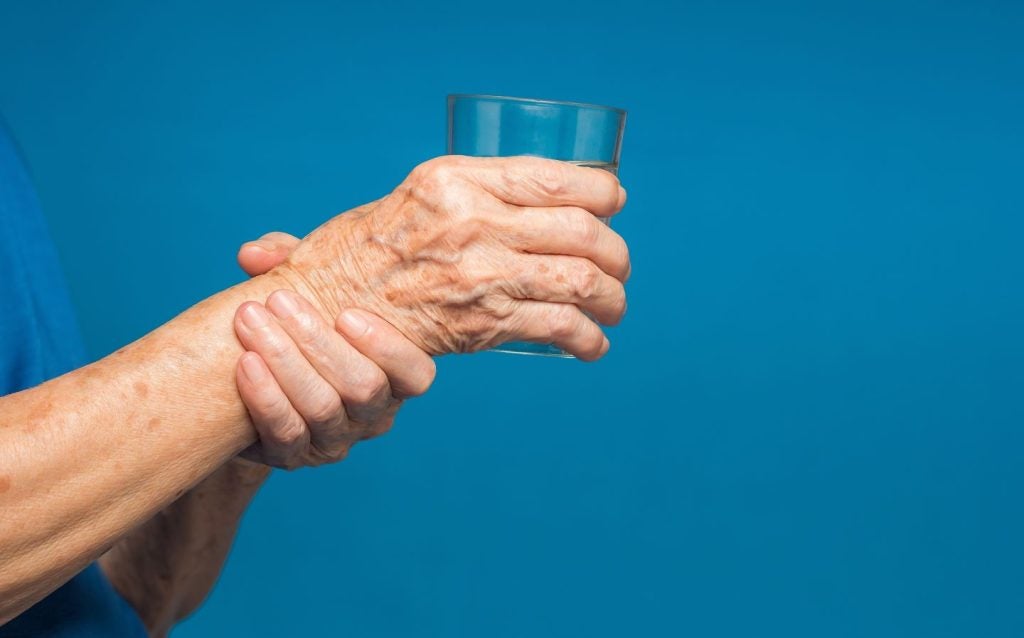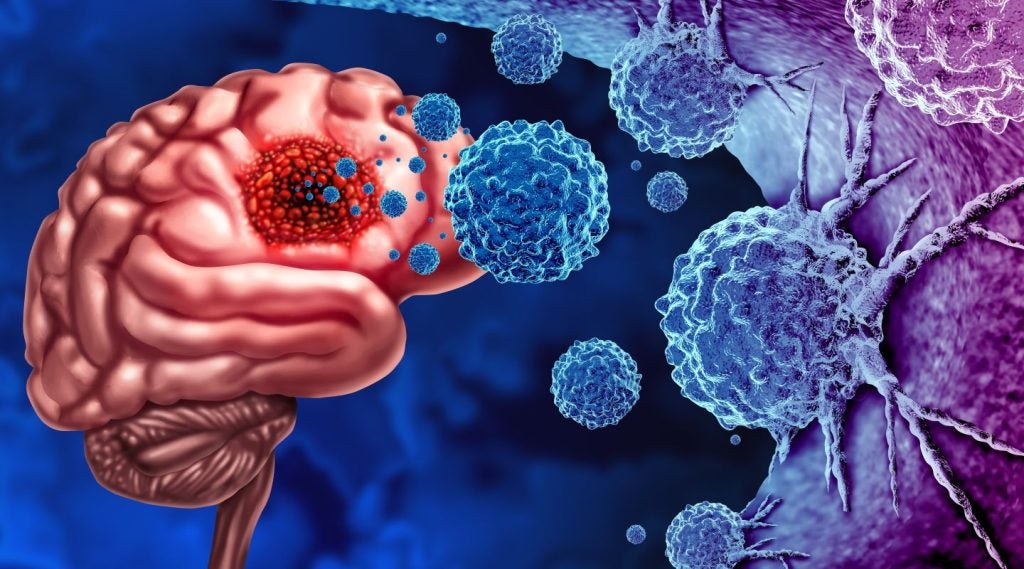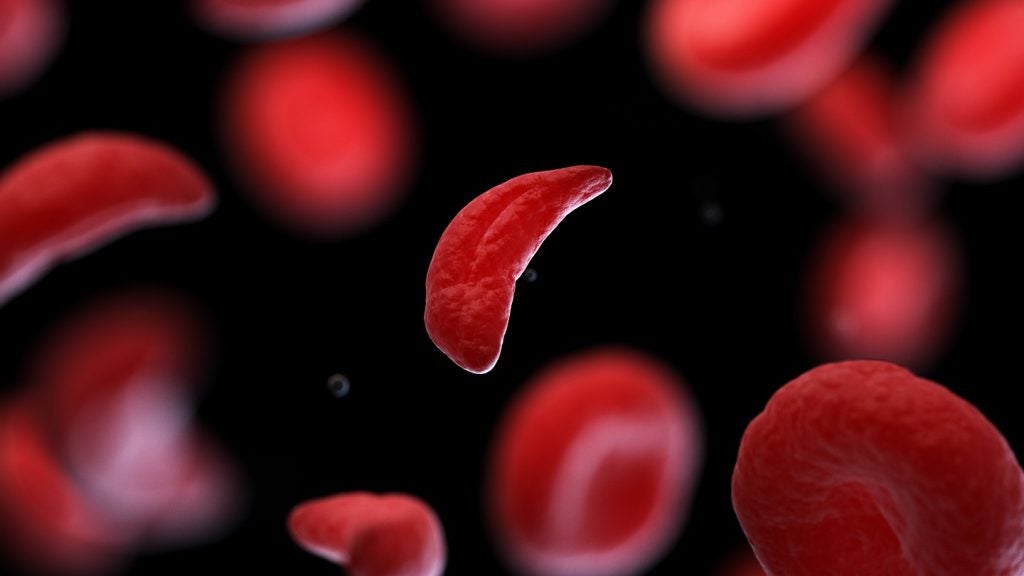Innate Pharma announced the removal of a partial clinical hold on its development programme of lacutamab, as per a 4 January press release.
In October, the US Food and Drug Administration (FDA) put a clinical hold and paused the recruitment for all lacutamab trials, including the Phase II TELLOMAK study (NCT03902184) and the Phase Ib peripheral T cell lymphoma (PTCL) study.
The partial hold was placed following the death of a patient in the Phase II TELLOMAK study. The company initially suspected the patient’s death to be due to haemophagocytic lymphohistiocytosis (HLH), related to their existing Sézary syndrome, which is a rare cancer that affects patients’ skin and blood. HLH is a hyperinflammatory disorder some infections, cancer and autoimmune disorders.
The FDA’s investigation determined that the patient’s death was unrelated to lacutamab and was rather related to aggressive disease progression. This assessment was made with the help of a steering committee of independent experts.
This recent hold follows a previous 2019 hold when several regulatory agencies put on the TELLOMAK trial. The multicentre trial was paused, after regulators raised issues with its fill-finish contractor Rentschler Fill Solutions. Italian authorities also suspended the Italian arm of the trial due to quality issues related to the chemistry, manufacturing and controls (CMC) process.
Innate presented a positive data readout from the TELLOMAK trial at the American Society of Hematology (ASH) 2023 annual meeting in California on 12 December 2023.
The results demonstrated that lacutamab had a global objective response rate (ORR) of 37.5%, counting two complete responses and 19 partial responses in the 56-patient cohort. For those who received a global response, the median response duration was 12.3 months.
Lacutamab is an anti-KIR3DL2 humanised cytotoxicity-inducing antibody in development for cutaneous T-cell lymphoma (CTCL), an orphan disease, and peripheral T-cell lymphoma (PTCL). The therapy acts by binding to KIR3DL2-expressing cancer cells. This triggers the recruitment of natural killer cells, thus depleting tumour cells.
The FDA granted the drug fast track designation for the treatment of CTCL in January 2019. In addition, FDA and the European Medicines Agency have also granted the treatment an orphan drug status in 2017.
















